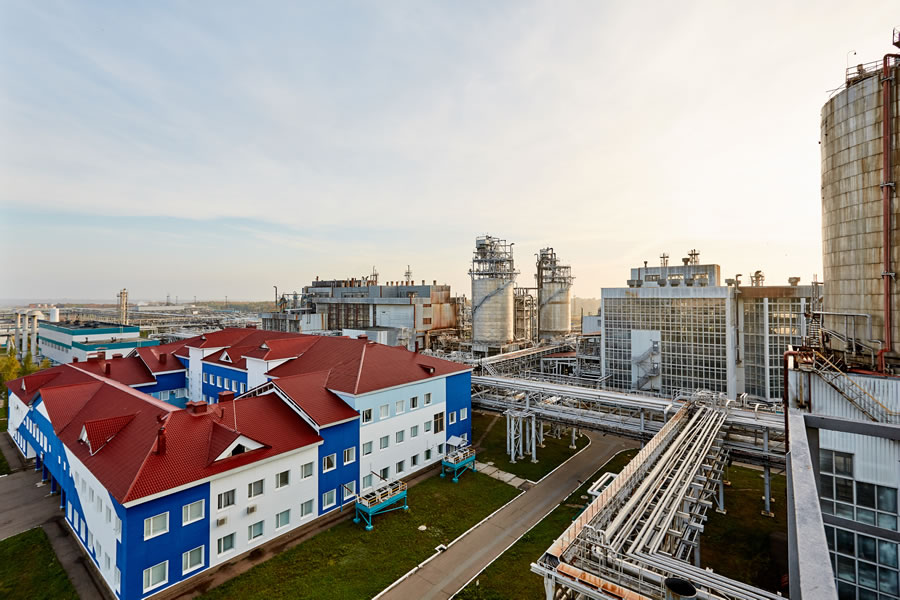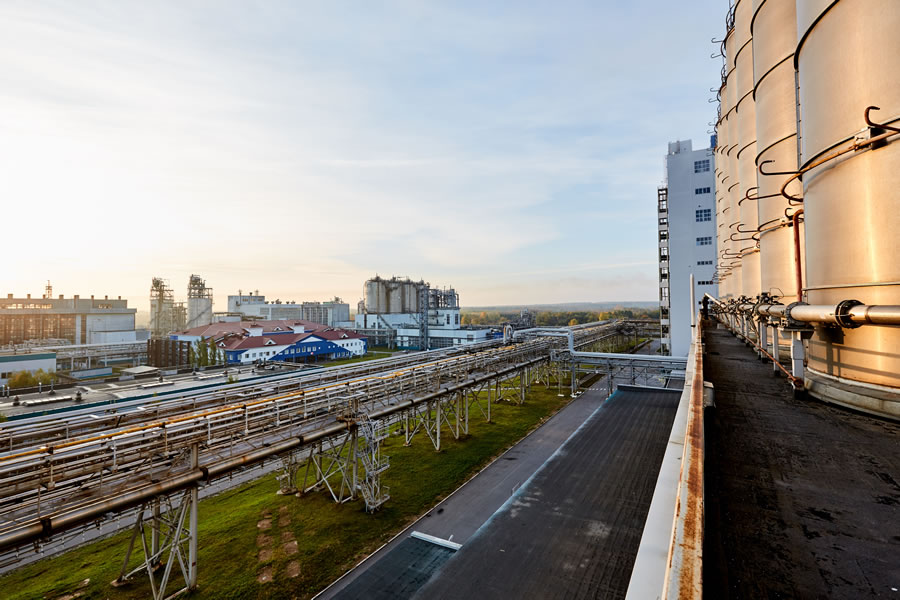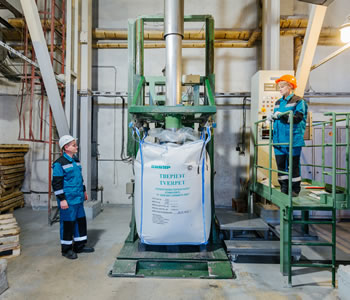To the reader
A note to the readers by Sergey Komyshan, SIBUR’s Management Board member and Executive Director.
“Brilliant ideas thrive on dialogue”
SIBUR's Corporate University Director Natalya Yamshchikova speaks about digital HR, freedom, high standards, development, and we-centred business processes.
Mulled wine conferencing with partners
Drinking mulled wine with business partners is HOMA’s long-standing tradition.
Customer-oriented business
SIBUR completes its annual customer satisfaction survey.
Uncommon ball
SIBUR and Wilson created a unique basketball from waste-recycled plastic for the VTB United League.
Improving skills
SIBUR keeps fostering professional development.
With the new platform
In January 2018, SIBUR updated an e-commerce platform for its clients.
Russia's top choice
SIBUR's products win diplomas at the nationwide stage of the 100 Best Goods of Russia contest.
The Right Tool
BIAXPLEN held the first extensive customer session on SIBUR's Production System.
Investing in efficiency
The annual capacity of SIBUR'S Blagoveshchensk site that produces terephthalic acid will expand to 350,000 tonnes.
Responsibility and transparency
SIBUR climbs to the top of the industry index compiled by the Russian Union of Industrialists and Entrepreneurs (RSPP).
Pure focus
SIBUR’s Tver site launches new wastewater treatment facilities.
Revolution is now
The 2018 World Economic Forum Annual Meeting in Davos focused on industrial revolution.
Season for development
Participants of the Interplastica 2018 international trade fair showcased new products and equipment.
Revenue from plastics
Russia launches its first projects to scale up plastic waste recycling.
Ester time
SIBUR becomes the fifth company to produce 2-ethylhexyl acrylate (2-EHA), an ester for acrylic paints.
Markets excited about ZapSibNeftekhim
SIBUR presented ZapSib’s capabilities to European markets.
Strong performance
SIBUR enhanced operating performance nearly by each and every measure.
Easy start in Dzerzhinsk
Oka-Polymer Industrial Park was included in the official list of Russia’s industrial clusters at the end of last year.
For a socially responsible business
The Balakhna production site of BIAXPLEN has completed a SMETA.
“We are absolute trailblazers”
Dmitry Chernenko, STiM CEO, shares his thoughts on tenders, unmanned vehicles and customer relationship culture.
Life and Drive
Alexey Markov, Hydrocarbon Marketing and Sales Director at SIBUR, speaks on extreme experiences, emotions, humour, and the film effect in choosing a profession.
TOP MANAGERS TAKING QUESTIONS
In the Q&As section, our top managers answer the most interesting and relevant questions from our clients sent to dearcustomer@sibur.ru.







